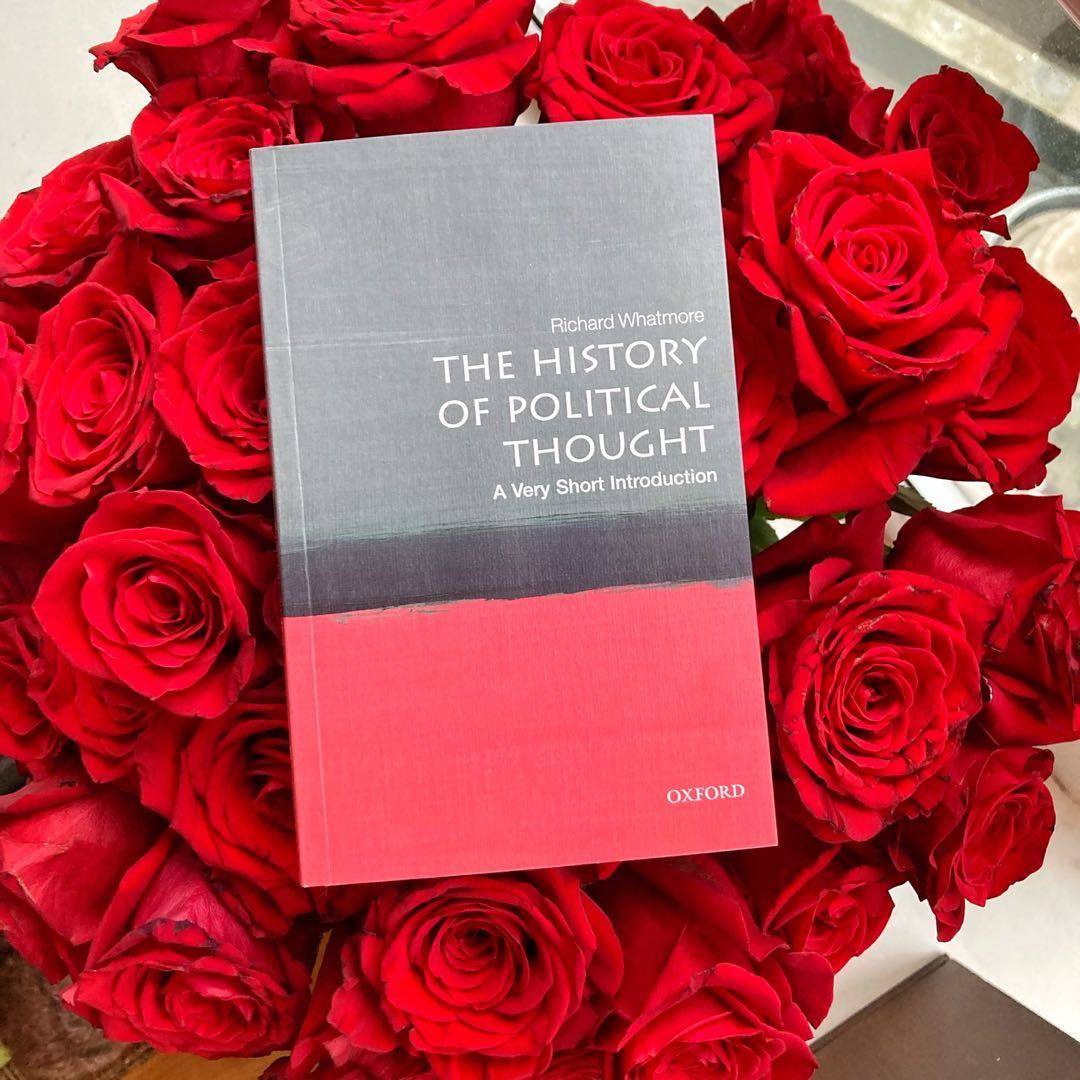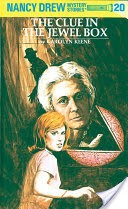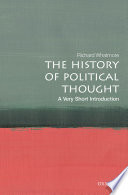
A useful whistle stop tour on the History of Political Thought. Some aspects are easier to grasp than others but it is all presented in as simple and understandable a way as possible which makes it possible to fly through this one. It‘s includes brief explanations of some of the most prominent thinkers such as Marx and John Rawls, as well as covering conceptual history and governmentality and eventually globality.
34 likes


















